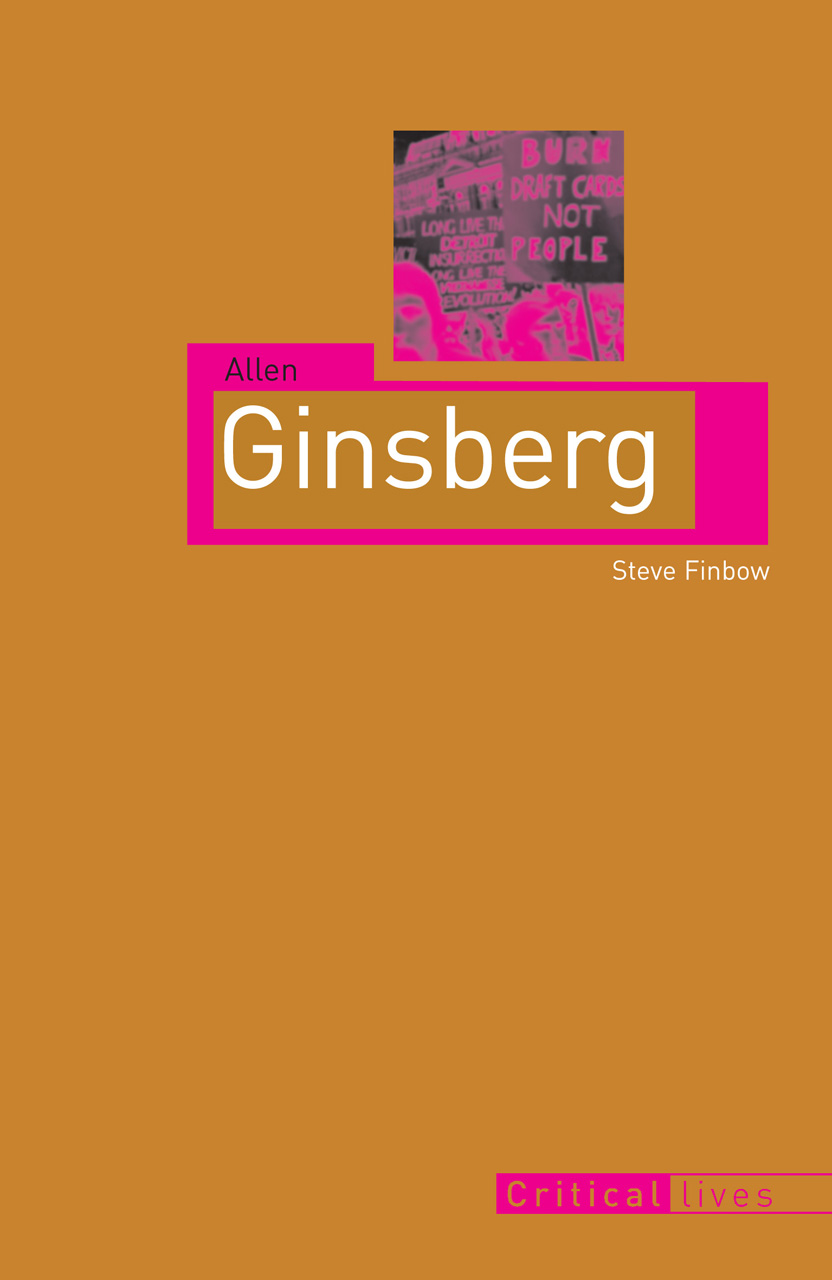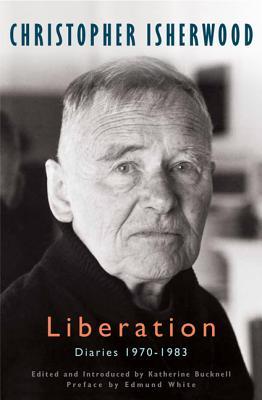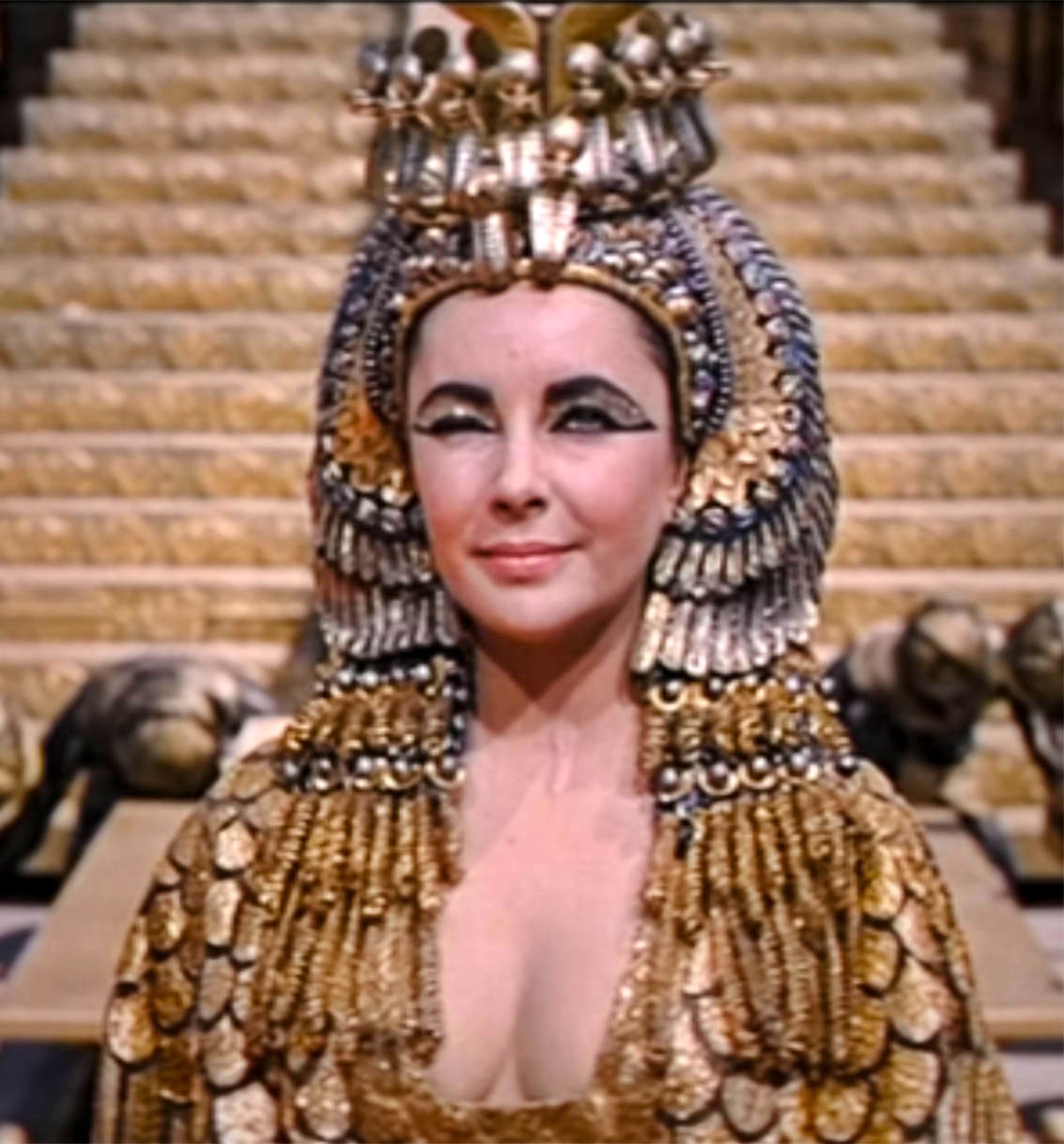
The Shape-Shifting Ginsberg
Steve Finbow has written a brief biography of Allen Ginsberg as part of the Critical Lives series published in England.
MoreMarch-April 2013

Steve Finbow has written a brief biography of Allen Ginsberg as part of the Critical Lives series published in England.
MoreTHE FIRST FAMOUS PERSON I wrote to when I moved to New York in 1980 was Howard Moss, the long-time poetry editor of The New Yorker. He was the one person, it seemed, that every literary figure—from W. H. Auden to Elizabeth Bishop, Lillian Hellman, or John Updike—knew and liked as a friend.
More
AUTHOR of thirteen books, a play, a libretto for a dance opera, and several cut-and-paste novels, Seattle-based Rebecca Brown has been dubbed “the greatest secret of American letters” by literary bad boy Dale Peck.
More
TWO YEARS AGO [March-April 2011], I reviewed Christopher Isherwood’s Diaries: The Sixties in this publication, in an essay called “Too Much Information!” The title was mine; the exclamation point was not. While I found much of value in the book, as I had in the previous volume, which covers 1939 to 1960, I registered an objection to the decision by Isherwood’s partner, Don Bachardy, and editor Katherine Bucknell to publish the diaries in full. I wrote, “some editing would have been a kindness to Isherwood, who is spared nothing in these pages.” Now that we have the rest of the diaries, I find myself compelled to reevaluate that criticism. …
MoreLAST AUTUMN, the Center for Lesbian and Gay Studies at the City University of New York hosted the first-ever academic conference on Harry Hay, founder of the Mattachine Society and the Radical Faeries. It was an odd hybrid of a gathering, with many longtime Faeries rubbing shoulders with Marxist theorists and queer academics-a rubbing that occasionally produced friction.
More
FOR THE PAST TEN YEARS, same-sex marriage has dominated the American political landscape, but this is not the first time in history this issue has made front-page news. In 1971, The San Francisco Chronicle declared that a “gay marriage boom” was under way. …
More
UNTIL RECENTLY, it seemed that camp was and would remain a phenomenon of the 20th century—camp, in all its manifestations: as a theory of æsthetics and style; as coded communication and performativity; as a site of humor and parody; as provocative social commentary.
More